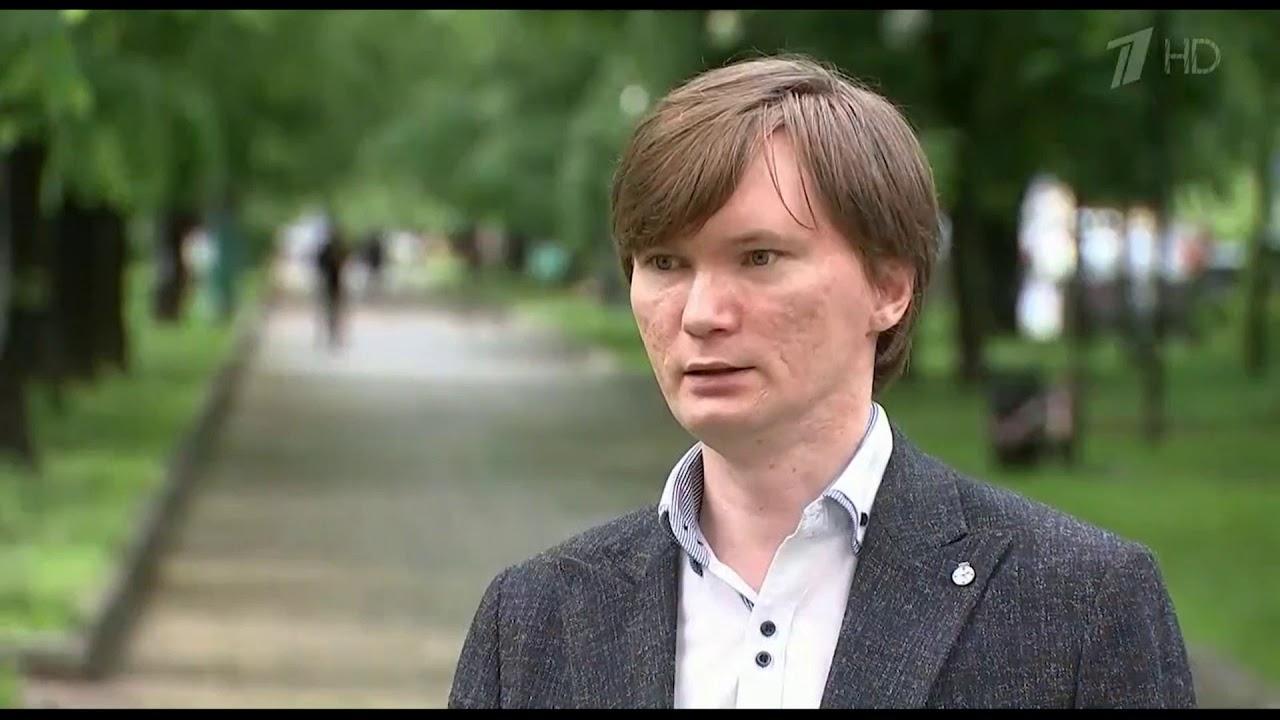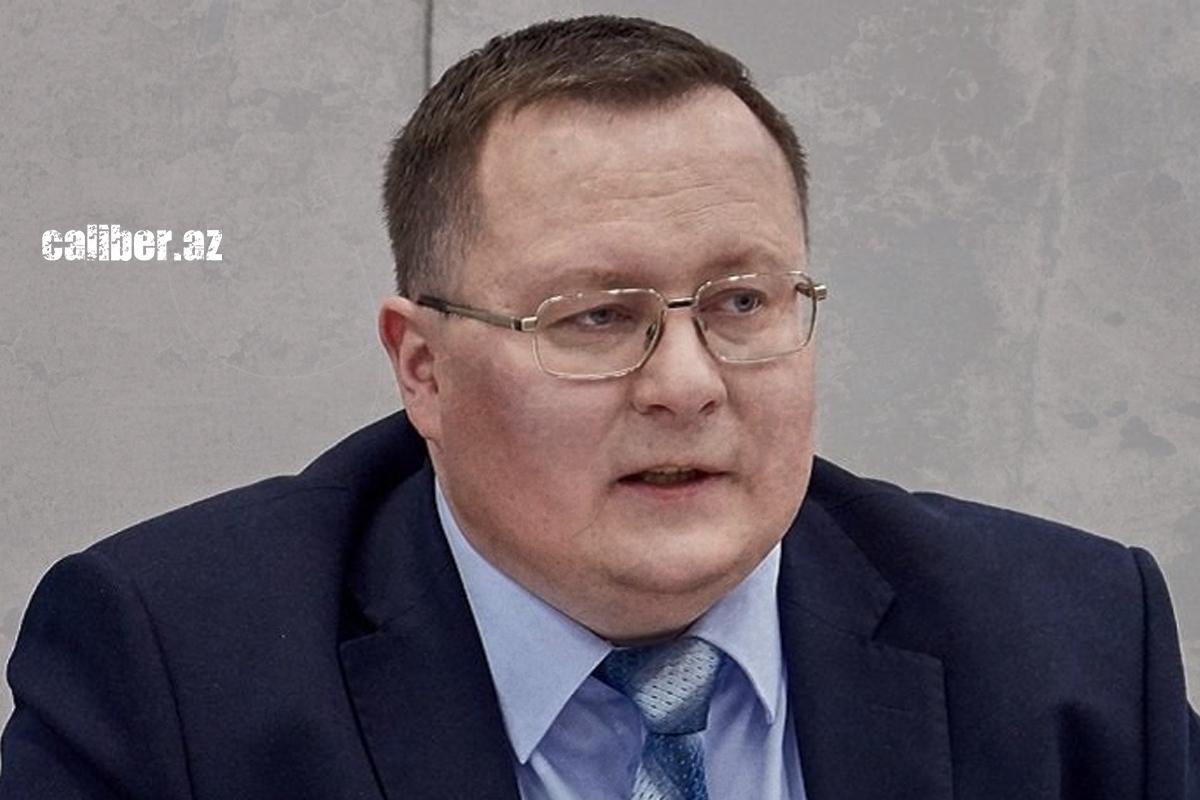"The Armenian Church is pushing Yerevan towards self-destruction with its revanchist ideas" Expert insights
The conflict between the Armenian Church and the country's authorities is gradually shifting from Yerevan to Gyumri, the second-largest city in the "land of stones," where Archbishop Bagrat Galstanyan is preparing to hold his protest actions. Meanwhile, Pashinyan dealt a significant blow to the church, or more precisely to its financial power, by stating that he "intends to address the issue of agents of influence of the Armenian Apostolic Church." MPs of the National Assembly from the ruling "Civil Contract" party in Armenia are preparing a bill on taxing the church's property.
The ongoing conflict between Prime Minister Pashinyan's government and the Armenian Church has drawn significant attention. How long will this dispute last, and what will be its eventual outcome? To address these questions, a correspondent from Caliber.Az reached out to Russian experts for their analysis and predictions.

According to Andrei Petrov, a political scientist and deputy director general of the Vestnik Kavkaza news agency, the conflict between the authorities and the church is a natural consequence of the general struggle of Pashinyan's team against all forces claiming leadership in Armenia and the change of power.
"Pashinyan is actively combating the influence of the Armenian diaspora and Russia, and one inevitable clash is with the Armenian Church. There is a concrete basis for this conflict, where the Catholicos views himself as one of Armenia's rulers, a sort of spiritual axis and authoritative power. Previously, the government in Armenia fully embodied the nationalist course favored by the Armenian Church, but things have changed. Now, as Prime Minister Pashinyan leads the processes of peaceful dialogue with Baku, the Church is actively opposing him," Petrov noted.
Petrov said one way or another, the church seeks to stop all peace processes and strengthen its power by playing on the theses of revanchism. So it is quite logical that at some stage the interests of the revanchist "old men", such as ex-presidents Sargsyan and Kocharyan, and the Armenian Church found each other, a certain alliance was created - as they say, all means are good in war. And Sargsyan and Kocharian decided to use the image in the cassock as a new tool for active confrontation with Pashinyan.
"For example, in this context, it is quite appropriate to play not on nationalist sentiments, as before, but on religious feelings of the society, for instance, by claiming that 'Nikol Pashinyan has sold his soul to the devil.' Such methods are very effective with the less intellectually developed part of the electorate. Thus, it can be argued that the Armenian Church, by presenting a priest as the symbolic figure of the protests, is trying to deceive the most gullible Armenian citizens, using them in its struggle for actual power in Armenia. The Armenian Church would greatly benefit from the prospect of Bagrat Galstanyan becoming the new prime minister. In this way, Armenia would become one of the countries with religious authority at the helm of the government, and the puppet Galstanyan would follow the orders of Etchmiadzin," the political scientist noted.
Nevertheless, if we try to predict the future course of events, then, according to Petrov, these protests are likely to end in nothing. Although the Armenians who came from Khankendi last fall are probably being used to heat them up. However, according to the political scientist, the scale of the current protests in Armenia obviously cannot lead to the overthrow of the existing government: the intensity of sentiment is too low, and actions like rolling empty garbage cans into the streets look ridiculous and helpless.
"Undoubtedly, the main beneficiary of the current protests is the Armenian diaspora—the most tangible force, driven by a thirst for war with Azerbaijan and enmity with Türkiye, and dissatisfied with Pashinyan for breaking free from its control and playing by his own rules. It is ready to allocate significant funds to fight Pashinyan, stimulate the opposition, and support the church. However, this is unlikely to bear fruit—Pashinyan can strike at the clergy on a legislative level, for instance, by abolishing tax exemptions. The Armenian clergy themselves will not pose a problem for the Prime Minister if Pashinyan acts firmly, as the real power still lies in his hands, not in those of Etchmiadzin. By exerting pressure on the Armenian Apostolic Church (AAC), Pashinyan will undoubtedly further tarnish his image among the global Armenian community, but he is accustomed to that. Therefore, in the clash between the government and the church, the legitimate state power currently appears to be the winner, rather than the traditional spiritual authority," said Petrov.

Meanwhile, expert on Eurasia Alexander Razuvaev believes that the Armenian Church has always been an agent of influence.
"But, as Nikol Pashinyan stated in Parliament, he will resolve this issue within a few months. For example, the Prime Minister noted that in the Middle Ages, representatives of the Armenian clergy went to Byzantine Caesarea, where they were anointed and became agents of influence upon returning to Armenia. On the one hand, Pashinyan's statement is highly controversial, given that Byzantium was a bastion of Christianity, implying that when the Greeks baptised Rus, they too were implanting agents of influence through their priests. However, Pashinyan is at least right about one thing: the church's role is to pray, not to engage in politics."
“Indeed, some representatives of the Armenian Church are eager for revenge against Azerbaijan. But this is suicidal for Armenia—it simply won't exist if Yerevan decides to pursue this path. It seems they want to prioritize their interests over the well-being of their people, potentially leading to the complete destruction of Armenia. On the contrary, given Armenia's current difficult economic situation, it would be more logical for the Armenian Church to advocate for an alliance with Russia and the Russian Orthodox Church. The Armenian Church's stance should be aligned with forming a union with Russia, rather than seeking revenge in Karabakh. The Church is primarily about wisdom. Even in the challenging situation of the Bolshevik victory, the Russian Orthodox Church compromised with the Soviet government, survived, and maintained its influence in society. The Church should promote reason and wisdom, not be driven by nationalist emotions. Islamophobia is a very dangerous path, and the Armenian Church is currently guilty of this as well as Turkophobia, which could eventually end disastrously for the Armenian clergy," Razuvaev concluded.








